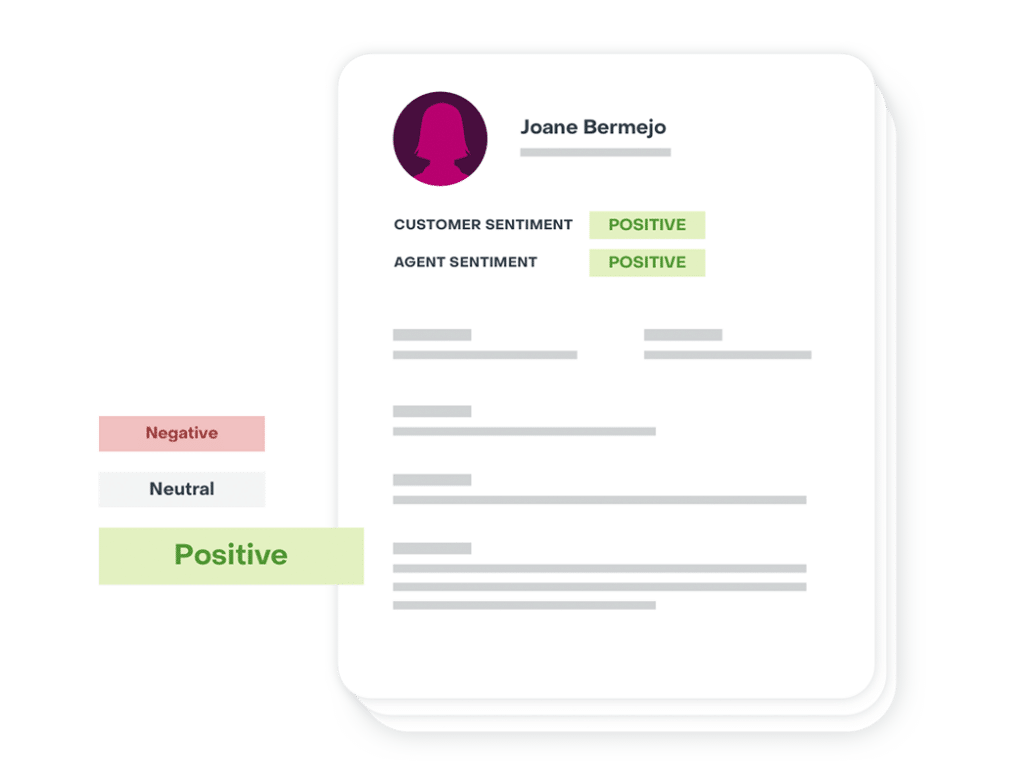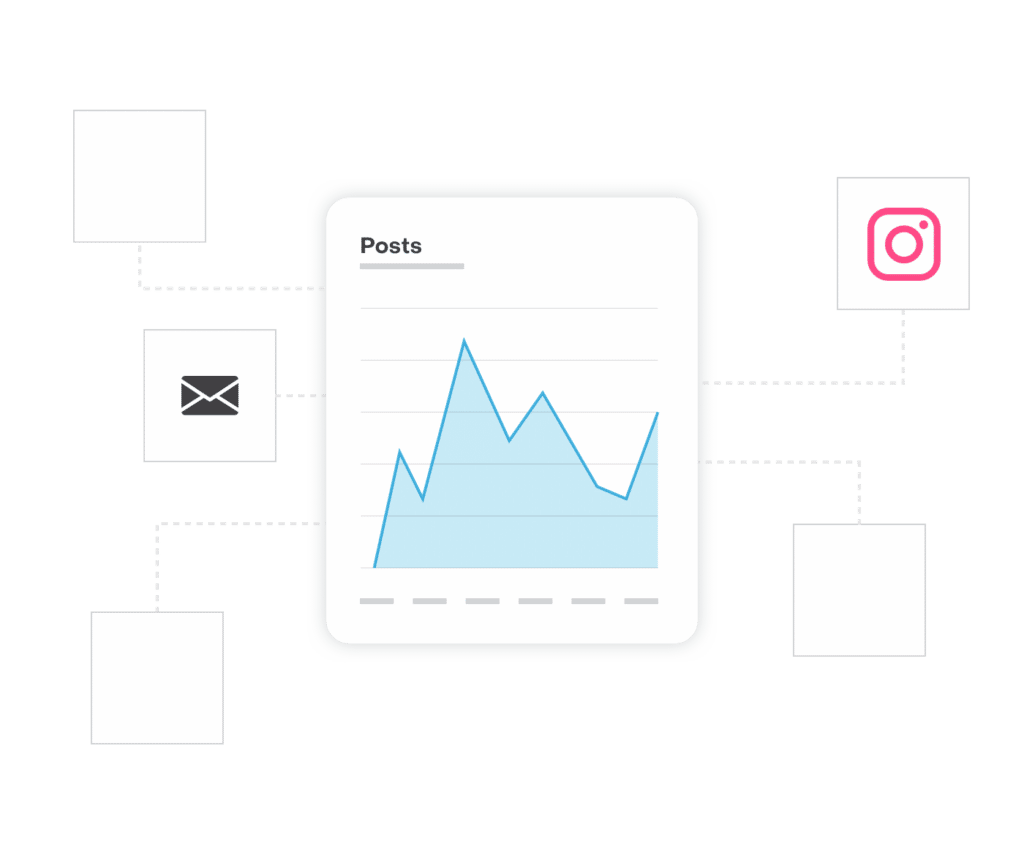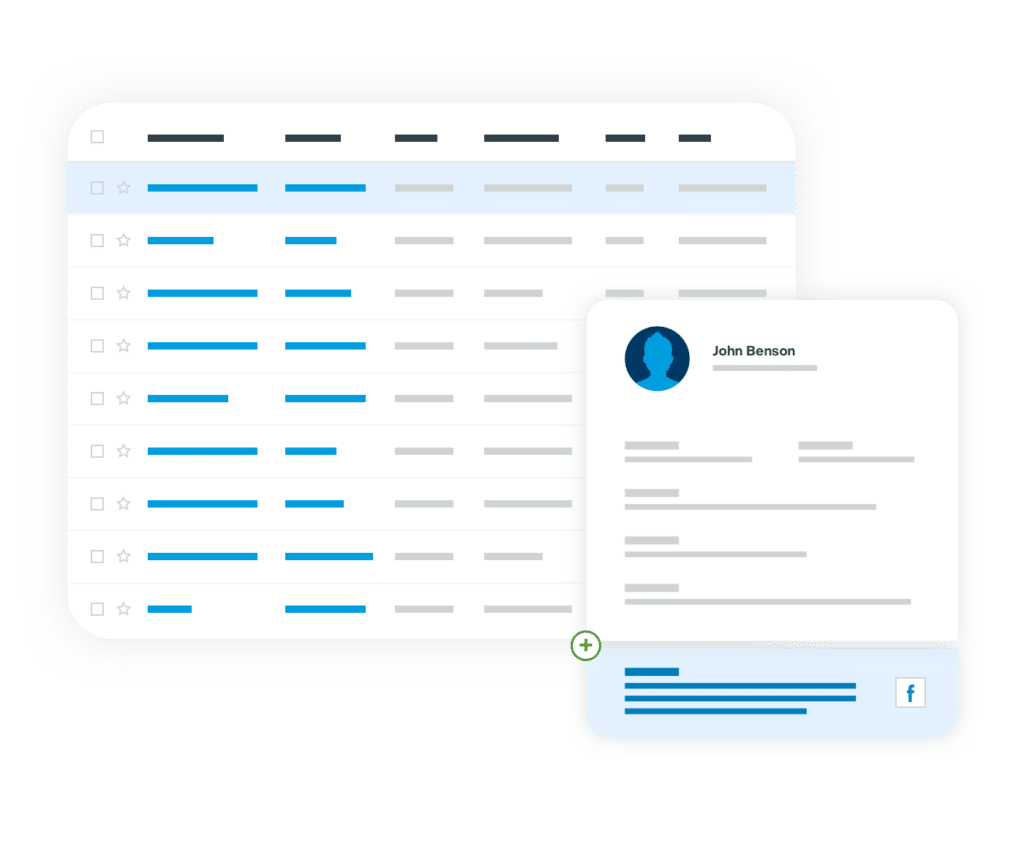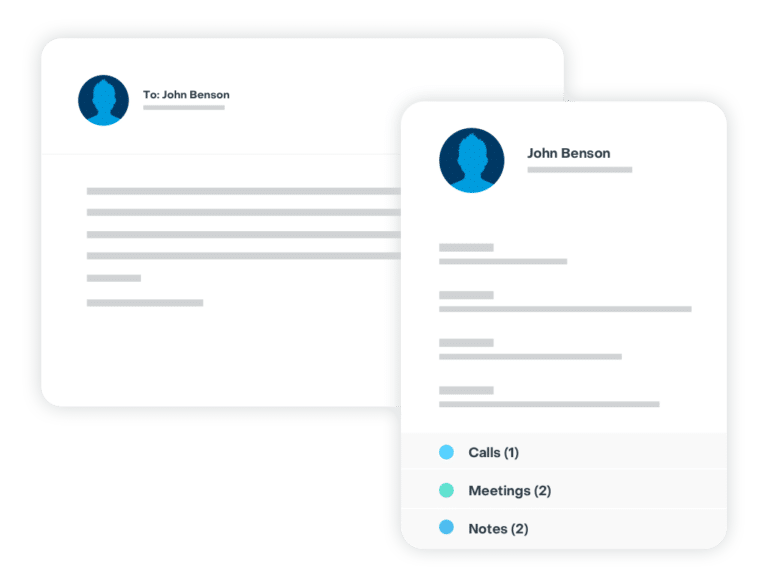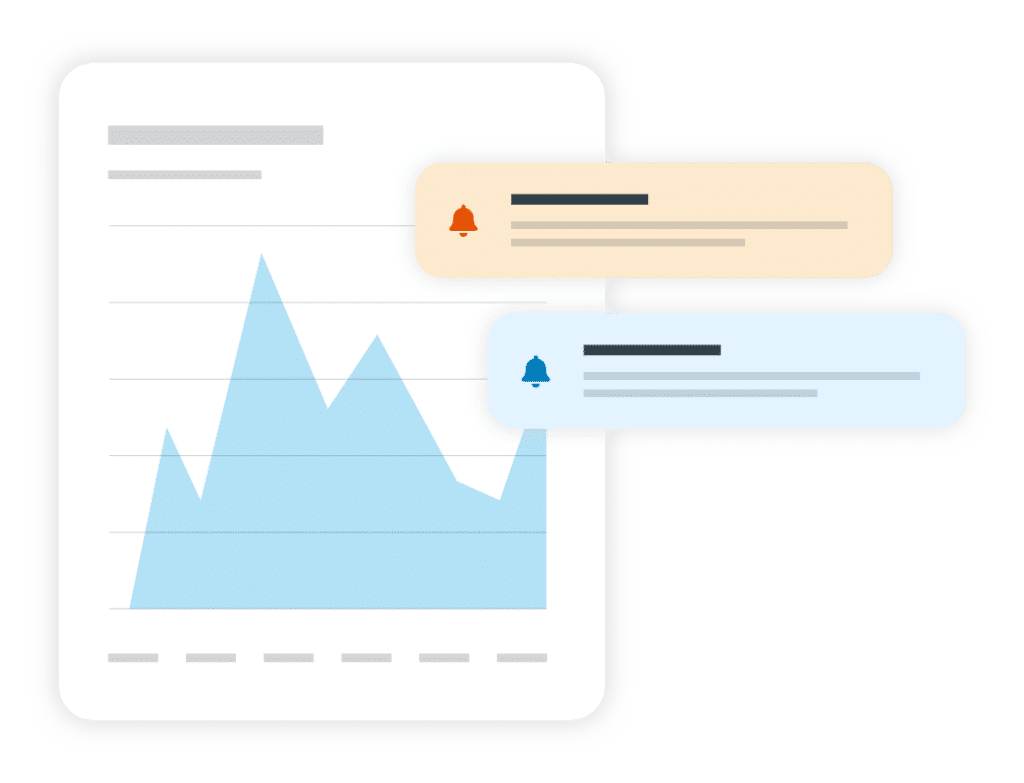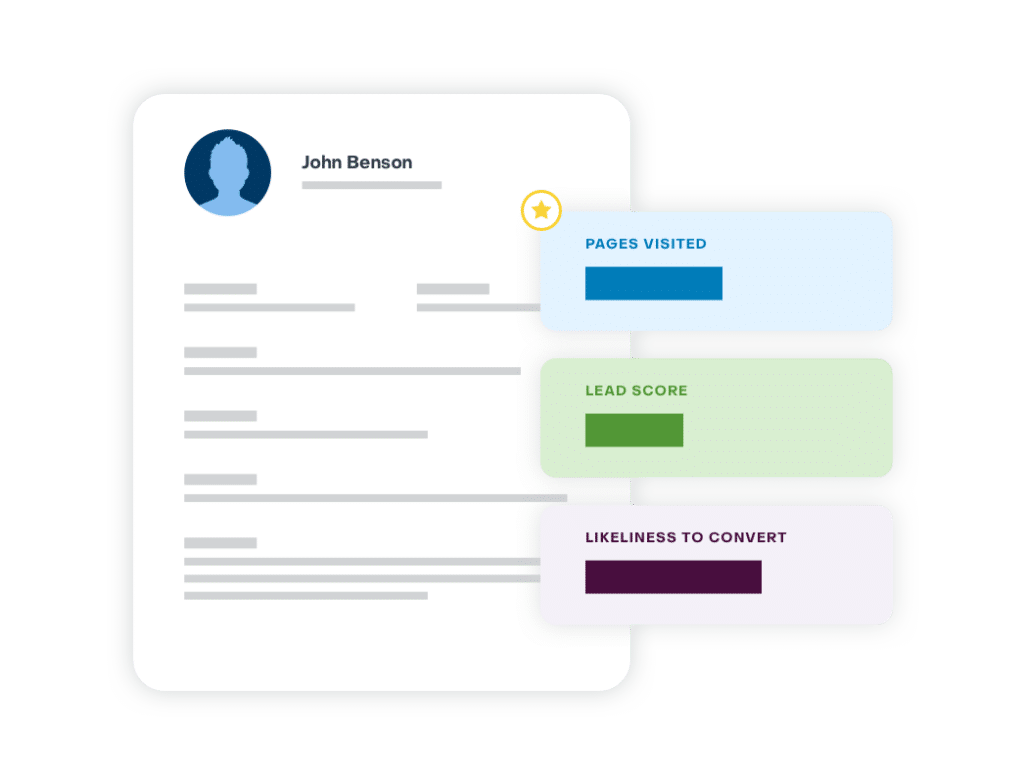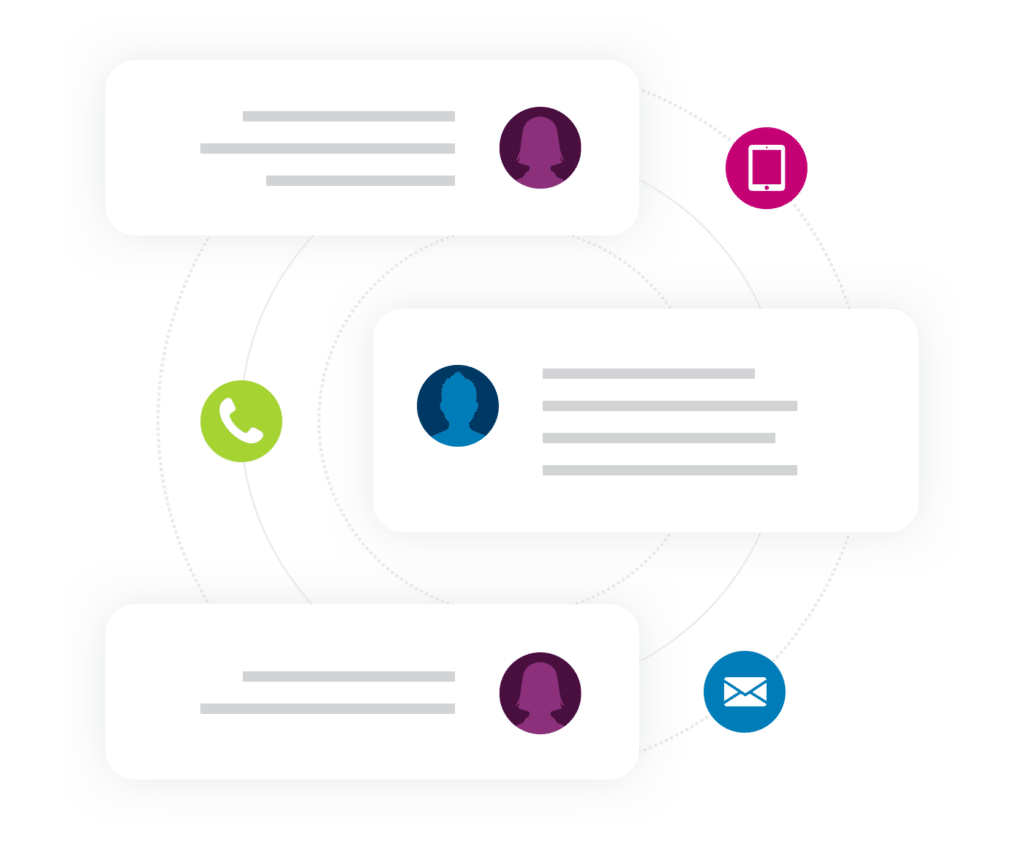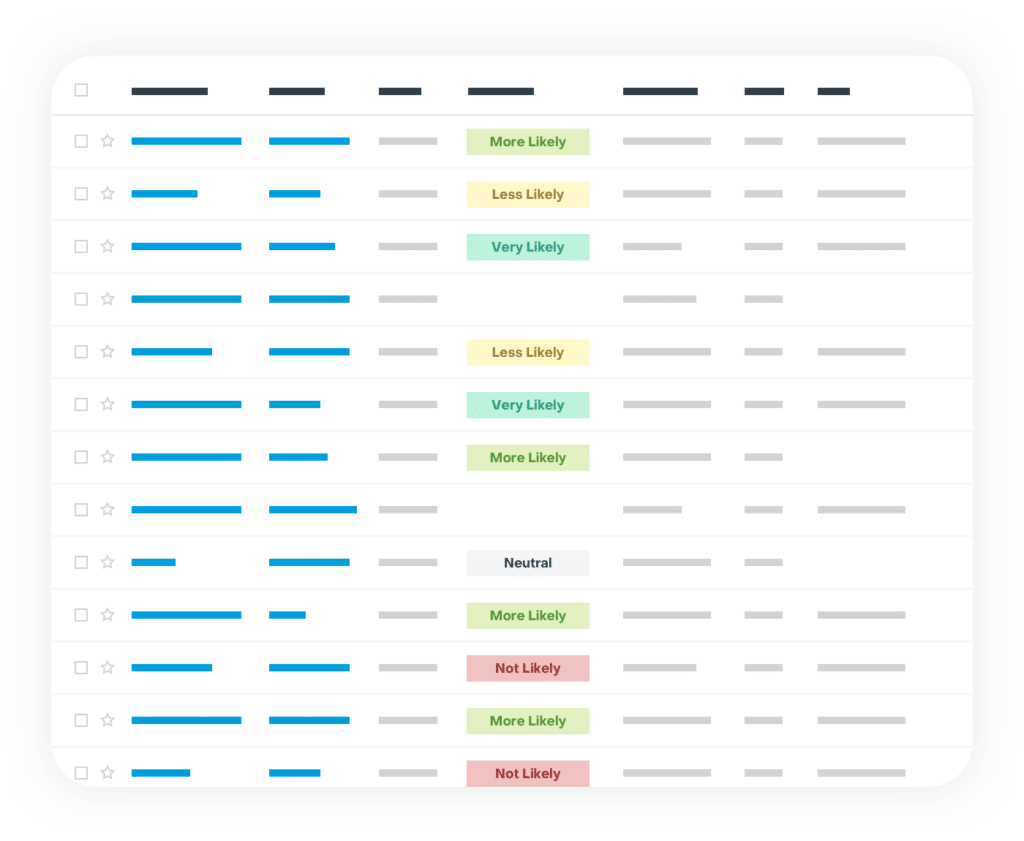What is Customer Relationship Management?
At the heart of every successful business lies the pivotal concept of Customer Relationship Management, commonly referred to as CRM. This dynamic, technology-powered strategy plays an indispensable role in orchestrating a company’s interactions and relationships with its current and potential customers. The overriding aim of CRM is to fortify business relationships, ensuring enduring connections to customers, streamlining business processes, and propelling profitability to new heights.
While CRM is an integral tool for businesses of all sizes, it has a particularly significant role in medium-sized and large businesses, where nurturing solid customer relationships can provide an edge over larger competitors.
What is a CRM?
CRM software is a technological-driven strategy that facilitates the effective management and enhancement of interactions with existing and potential customers. It consolidates all the information into a single database, enabling businesses to access and manage it with ease. In essence, the data within the system is the glue that binds together sales operations and helps your business grow by providing targeted information about accounts and customer trends.
However, the power of CRM extends far beyond mere data collection. It transforms raw data into insightful and actionable insights, giving businesses a 360-degree view of their customers. This comprehensive visibility allows businesses to understand their customers at a much deeper level, revealing not just who they are but also predicting their needs, preferences, and behaviors.
The genius of a CRM system lies in its capacity to centralize this extensive information pool. It eradicates data silos, ensuring every business department – be it sales, marketing, customer service, IT, or finance – has real-time access to updated, precise information. This shared understanding of customers and the pace of the business paves the way for organizational unity, ensuring every part of your business is aligned towards common objectives.
Given the intensely competitive business environment for mid to large-sized companies, finding the right CRM system isn’t just an option; it’s a much-needed strategy that can make the difference in propelling your business towards growth (or not).
Why Should Companies Invest in Implementing a CRM Solution?
According to Gartner, CRM systems are critical to improving the customer experience (CX). CRM and CX strategies must adapt as the organization, its customers, and its environment evolve. Failing to do so puts the organization at risk.
What Are The Benefits of Using a CRM System?
What Type of CRM Would Make the Most Sense for Your Business?
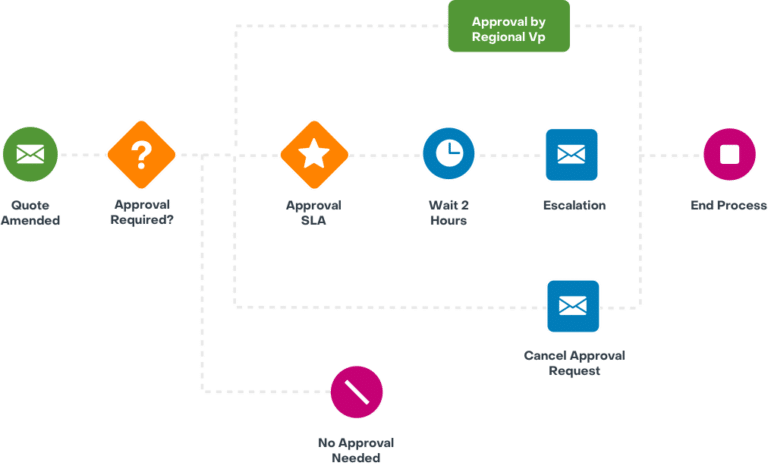
Operational CRM—Automating Business Processes
Operational CRM solutions are your go-to tools for streamlining and automating core business processes, including sales, marketing, and customer service. They take over the reins of managing customer interactions, predicting sales trends, orchestrating and assessing marketing campaigns, and more. By taking over these routine tasks, operational CRM solutions free up your sales and marketing teams, allowing them to focus on building meaningful customer relationships.
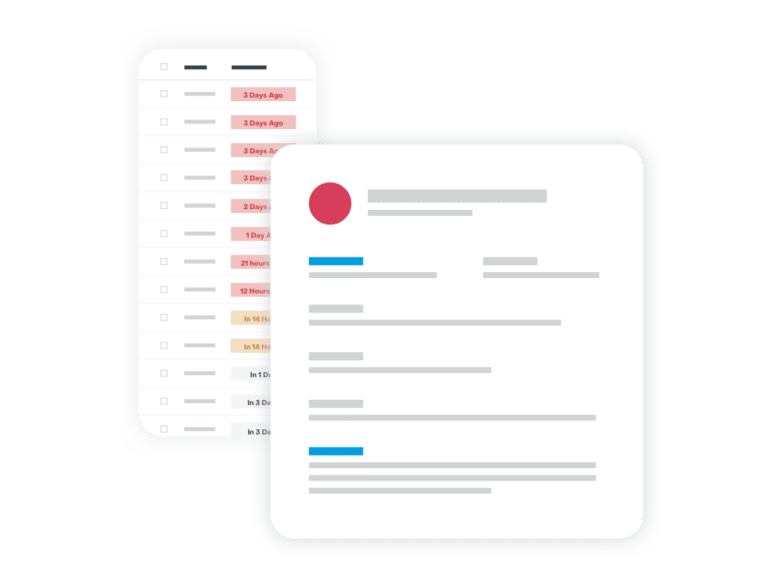
Analytical CRM—Harnessing the Power of Data
If data analysis is your priority, Analytical CRM systems are your best bet. These systems gather customer information from diverse sources, unveiling patterns and trends that might otherwise go unnoticed. The insights derived from Analytical CRM can empower businesses to understand customer behavior better, generate and convert more leads, devise intelligent marketing campaigns, and elevate customer service. Additionally, they can assist with pipeline analysis, sales forecasting, budgeting, and reporting tasks.
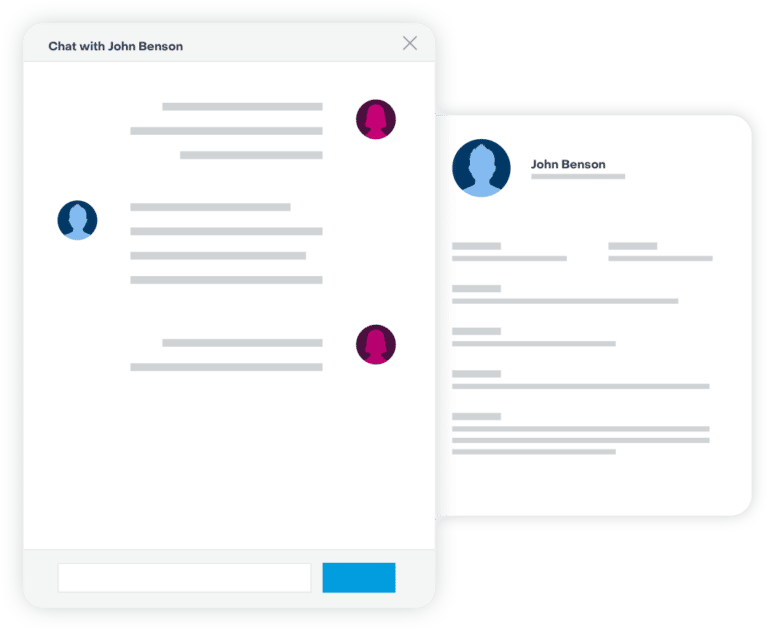
Collaborative CRM— Enhancing Team Collaboration
Known as strategic CRM, Collaborative CRM systems centralize customer data, making it accessible to all stakeholders within your organization. This comprehensive view of customer communications, purchase history, service requests, and other details equips your service reps to resolve customer issues more effectively. Collaborative CRMs can even leverage this information to expedite service delivery.
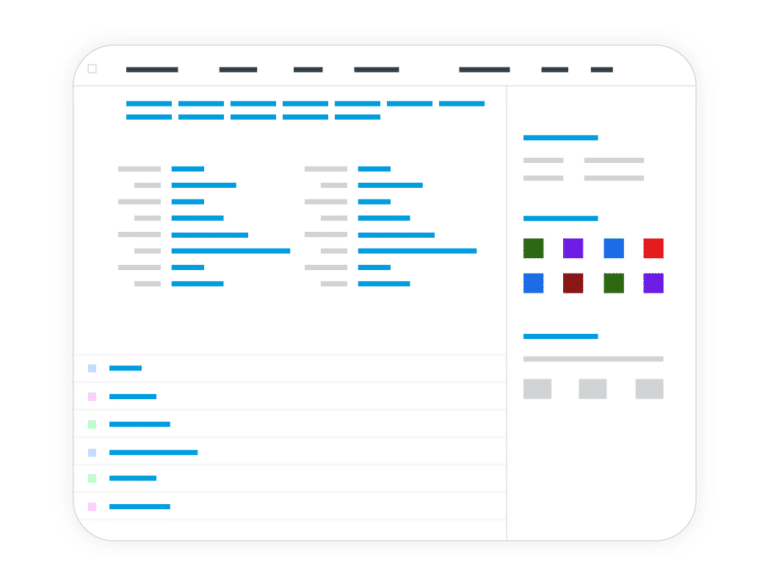
Strategic CRM—Aligning Customer-Related Activities with Overall Business Goals
Strategic CRM focuses on devising customer-centric strategies to foster stronger relationships with customers. It leverages CRM data to enhance customer service, improve customer satisfaction, and increase customer loyalty. The primary goal of Strategic CRM is to drive business growth and profitability by leveraging customer data and insights. It focuses on understanding and meeting customer needs, building long-term customer loyalty, and maximizing the lifetime value of customers.
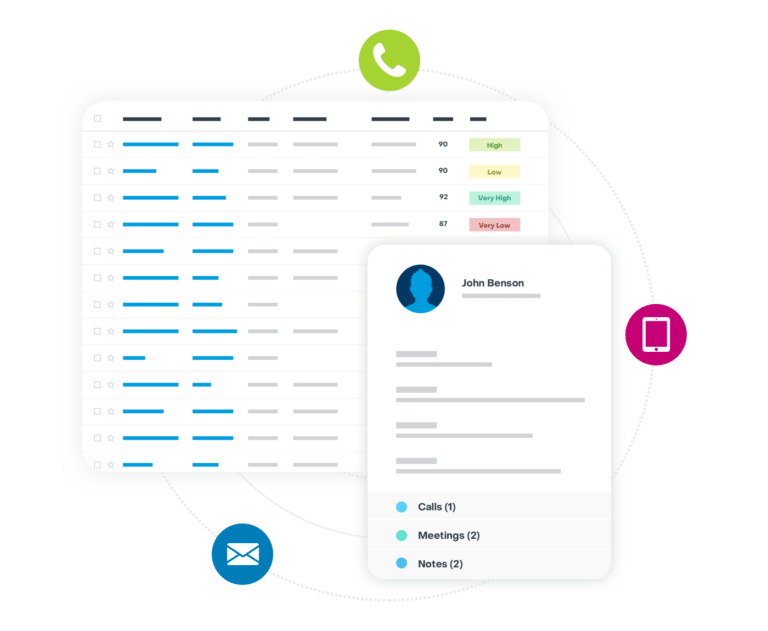
Campaign Management CRM—Centralizing Sales and Marketing
This type of CRM is tailored for managing marketing campaigns. It offers tools for planning, executing, and tracking marketing campaigns across various channels. The primary purpose of Campaign Management CRM is to help businesses create targeted and personalized marketing campaigns, streamline campaign workflows, and measure the effectiveness of these initiatives. It allows organizations to centralize their marketing efforts within the CRM system, ensuring that marketing teams have access to relevant customer data for better targeting and segmentation.
Choosing the right type of CRM hinges on your business objectives and needs. In many cases, businesses may find it beneficial to implement more than one type of CRM to create synergies and achieve their goals.
Speak with one of our experts to understand which type of CRM suits your business.
What is SugarCRM
SugarCRM is the #1 rated CRM platform that helps marketing, sales, and service teams reach new levels of performance and predictability
How Can SugarCRM Help Your Business?
Sugar makes the hard things easier by allowing companies, like yours, to streamline various aspects of your day-to-day activities. With all customer information centralized in one place, you can kiss goodbye to the days of manually rummaging through scattered spreadsheets, siloed data, and clunky operations to find relevant customer information. That means marketing teams can generate qualified leads instead of manually monitoring marketing campaigns, sales leaders can focus on closing deals instead of shuffling through admin work, and CSMs can focus on direct customer interactions instead of looking for tickets.
When you let the platform do the work, you can finally focus on crafting an outstanding customer experience that increases customer loyalty and retention. Whether you’re a sales representative, marketer, or customer support agent, a CRM ensures you stay on top of your game, allowing you to focus on building stronger customer relationships and achieving better results efficiently.
Who is SugarCRM Important For?
Marketing
More Marketing-Sourced Revenue
From email marketing to predictive lead scoring, Sugar Market is the all-you-need marketing automation solution that automates repetitive tasks so marketing teams can focus on delivering more qualified leads.
Sales
More sales, less clicks
Knowing the next steps to close the sale has never been so easy (and fast). With Sugar Sell sales teams can stay on top of each deal in their pipeline and utilize predictive insights to make better decisions throughout sales cycles.
Customer Service
More answers, less questions
Utilizing omnichannel support, self-service portals, case routing automation, predictive sentiment analysis, and more, Sugar Serve empowers agents to create outstanding customer relationships and experiences. Improve the efficiency of your customer service representatives while increasing customer satisfaction at the same time.
Additional Resources
Thoughts on adding in a “More Resources Like This” section at the bottom and call it, “Related Resources” and have the following three highlighted:
- INFOGRAPHIC—SugarCRM vs. HubSpot vs. Salesforce
- GUIDE—2023 CRM Buyer’s Guide
- INTERACTIVE—Meet Sugar Sell Premier


